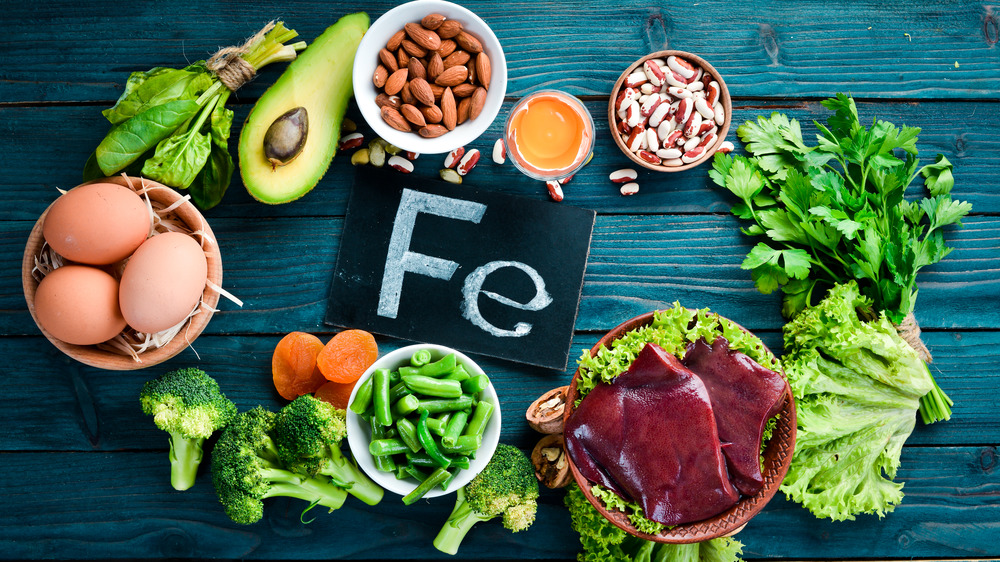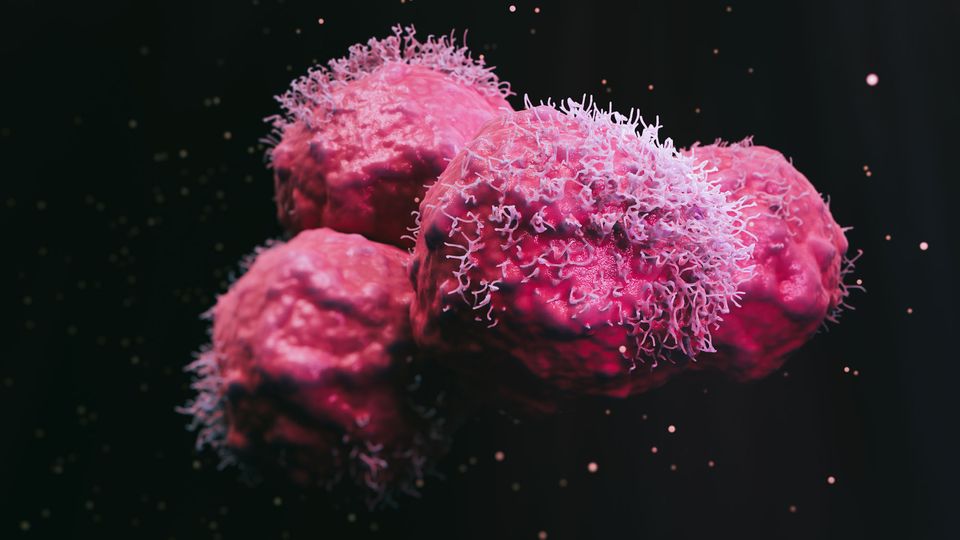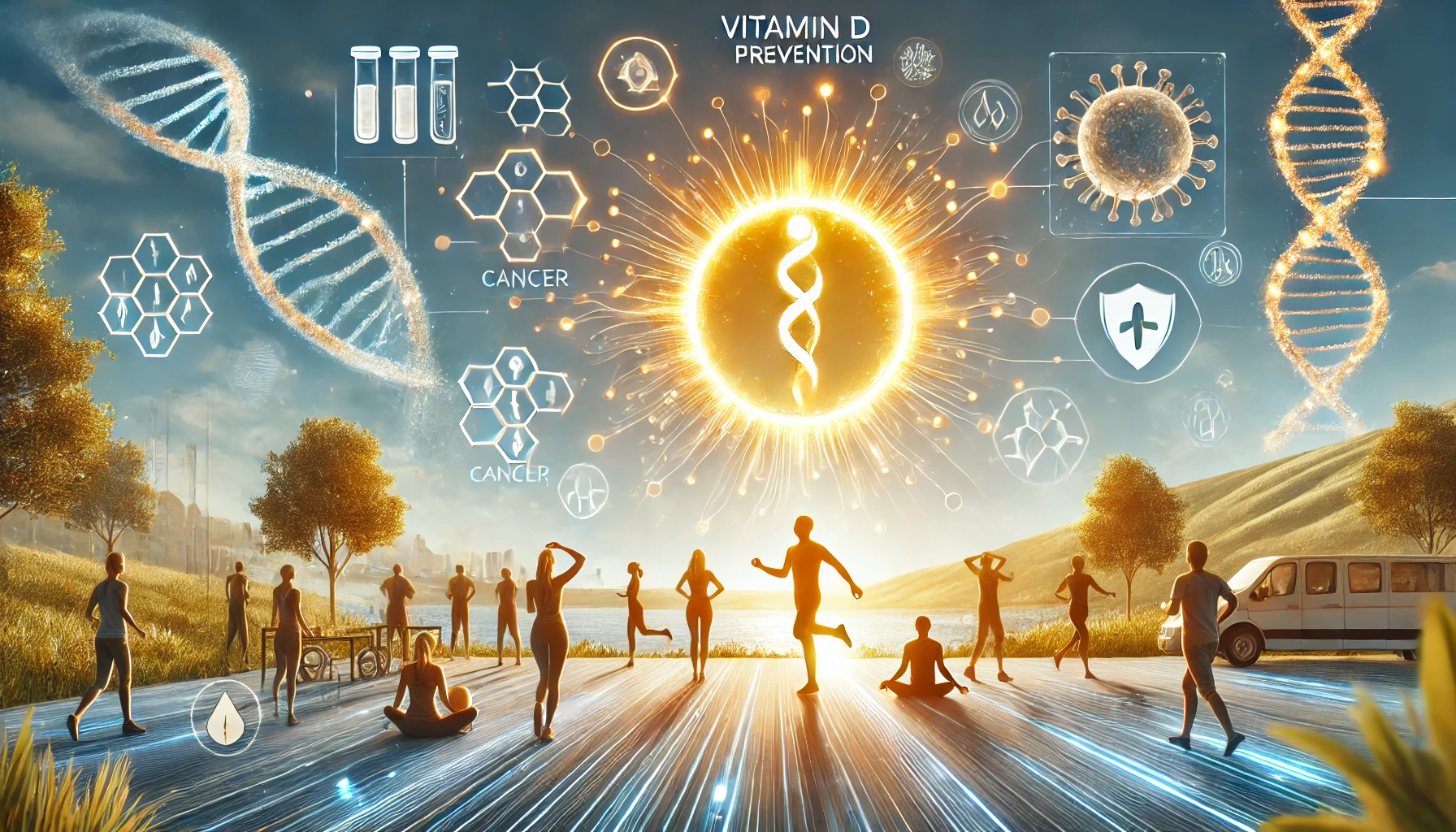Struggling with fatigue? Instead of relying on coffee, try incorporating these dietitian-recommended foods into your daily routine. According to Emma Laing, Ph.D., R.D.N., L.D., spokesperson for the Academy of Nutrition and Dietetics, balanced meals with carbohydrates, proteins, and fats provide lasting energy. However, she notes that each person’s energy response can vary depending on their diet, meal timing, and nutrient balance.
Jennifer Bruning, M.S., R.D.N., another spokesperson for the Academy, adds that avoiding excess sugar, caffeine, and processed foods can help maintain energy levels. Beyond food, factors like sleep, stress, hydration, and physical activity also play crucial roles in your energy throughout the day.
Energy-Boosting Foods Recommended by Dietitians
OatmealWhole grains like oatmeal are rich in complex carbohydrates, which digest slowly, providing a steady release of energy throughout the day. Oats contain high fiber, which helps stabilize blood sugar levels and reduces energy crashes. Alternatives like quinoa, brown rice, and millet have similar effects.
EggsEggs are high in protein, iron, and vitamin B12, which help prevent fatigue. They also contain choline, which supports brain health and mood. Despite past concerns about cholesterol, most people can safely include eggs in their diet without adverse effects on heart health.
BananasBananas are rich in natural sugars, potassium, and fiber, making them an ideal energy source. A 2012 study found that bananas provided similar energy benefits to sports drinks for athletes, making them a nutritious option for anyone needing a quick energy boost.
PistachiosHigh in healthy fats and protein, pistachios offer sustained energy and aid in vitamin absorption, especially fat-soluble vitamins like A, D, E, and K. Their anti-inflammatory properties also support muscle recovery and reduce overall inflammation.
TofuTofu is a versatile, plant-based protein source that supports muscle repair and tissue health. Protein takes longer to digest than carbohydrates, providing longer-lasting energy and helping maintain satiety.
AvocadoRich in monounsaturated fats, avocados provide sustained energy, promote feelings of fullness, and may even improve gut health. Incorporate avocado in meals by spreading it on toast or adding it to grain bowls for added flavor and nutrition.
BeansBeans and legumes like lentils offer a good source of protein and fiber, which aids in digestion and supports gut health. Black beans, in particular, have been shown to benefit cardiovascular health and help reduce inflammation.
BroccoliNon-starchy vegetables like broccoli help regulate digestion and provide a more balanced energy source. High in fiber and low in calories, they are filling and ideal for maintaining stable energy levels. Other options include celery, carrots, and green beans.
Chia SeedsChia seeds contain healthy fats and fiber, promoting cardiovascular health and sustained energy release. Sprinkle them into smoothies, yogurt, or oatmeal for a nutrient boost.
ApplesApples are high in fiber, antioxidants, and natural sugars, providing a quick energy source and reducing inflammation. Studies suggest apples may also lower the risk of certain cancers and improve gut health.
Butternut SquashButternut squash and other starchy vegetables like sweet potatoes provide complex carbohydrates, fiber, and antioxidants. They can be used in soups, pasta dishes, or as a base for hearty meals, offering energy along with essential nutrients.
WaterWhile not a food, staying hydrated is essential for optimal energy levels. Dehydration can reduce energy and concentration, so it’s important to keep a water bottle handy to stay refreshed throughout the day.
Foods to Manage Chronic Fatigue
There’s no one-size-fits-all diet for chronic fatigue, but a balanced intake of carbs, protein, and fats can help stabilize energy. Try snacks that combine these nutrients, such as:
- Hummus with vegetables
- Apples with peanut butter
- Avocado with whole-grain toast
- Yogurt with granola
- Cheese with crackers
- Pita with tuna
- Oatmeal with fruit
Reducing sugar and caffeine can prevent energy crashes, while balanced snacks can maintain consistent energy.
When to See a Doctor About Fatigue
If dietary adjustments and lifestyle changes don’t alleviate fatigue, it may be time to consult a healthcare provider. Persistent or unusual fatigue could indicate underlying health conditions. Keep a food symptom diary to track how different foods affect your energy and share this information with your doctor or a registered dietitian. They can help tailor a plan to your nutritional needs, identify foods that either exacerbate or improve symptoms, and assess whether supplements may be necessary.






























0 Comments